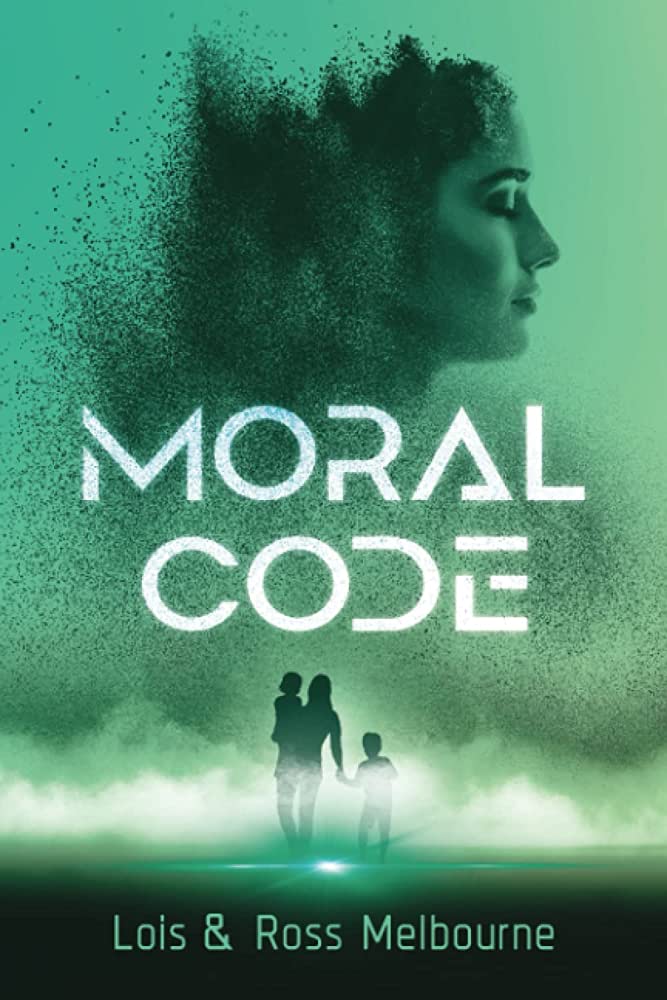Introduction:
Dr. Keira Stetson is passionate about two things: creating technology that enhances children’s lives and ethical artificial intelligence, which is AI that operates with a conscience. In a dire situation where a building collapses due to an earthquake, Keira finds herself trapped with several scared five-year-olds. She is worried about their safety until a billionaire named Roy Brandt rescues them using his mysterious nanite technology, leaving Keira feeling grateful and intrigued.
Although Keira is impressed with Brandt’s prototype technology, she is also concerned about its potential for exploitation. To access more funds for her tech development and to use Brandt’s powerful nanorobots, Keira merges her company with Brandt’s. To control the power of the nanite SmartDust, she uses her Moral Operating System, which is her trademark, and embeds it into Brandt’s technology.
However, Brandt’s technology is a secret for a reason, and despite his intentions of improving lives with the Dust, corporate raiders and the military have their own agenda. They want to weaponize Brandt’s nanites. Keira’s hard work is now in jeopardy, and she and her AI assistant, Elly, must fight to keep this newfound technology in the right hands and prevent it from causing harm. They are exposed to the worst side of humanity and must work hard to ensure that this tech is used for good before it is too late.
Trigger Warnings:
Child abuse and trafficking.
Thoughts:
It has been quite some time since I last read a science fiction book, particularly one that delves into the realm of artificial intelligence. I believe my most recent read in this genre was Martha Wells’ The Murderbot Diaries. However, I must admit that I have mixed feelings about Moral Code. As a software engineer, especially as someone who is working on AI technology, I thoroughly appreciated the remarkable concept and the vast knowledge base that is evident in the book’s writing. It comes as no surprise, considering that it is written by two renowned figures in the software industry. Moral Code is a riveting exploration of the ethical conundrums posed by technological progress. This is not a simplistic tale of good versus evil, but rather a nuanced examination of competing interests that refuse to conform to easy categorization.
Nevertheless, while there were certainly some positive aspects to the book, there were also some negative elements that I found hard to ignore. The plot, to the extent that it existed, was overshadowed by the contentious politics of the STEM industry. The characters were relatively undeveloped, and the dialogue felt stilted and unnatural. I found it challenging to empathize with the majority of the characters. Even in informal settings, their language remained highly formal, making them appear less relatable and human to me. At times, the characters seemed to be on par with the AI in terms of emotional depth and complexity. The writing was so technical, at one point I began to wonder whether an average reader would be able to understand the magnitude of the concept and its components and enjoy the story at the same time. Furthermore the pacing was extremely slow. I feel I would have enjoyed the technical side of this book as a thesis but not as an actual novel.
I honestly didn’t relate to any of the characters. Keira didn’t want to welcome any criticism or debate. If she disliked or disagreed a certain point her go to solution was to leave. I understand this could have been an attempt to make her character look flawed but it made me question the authenticity of the character. Roy Brandt was your typical sci-fi ‘tech billionaire’ that is so secretive and shady and didn’t anything novel to the story. Elly, the AI, was the only character I truly liked.
In conclusion, Moral Code could have been a great book, if the author spent enough time developing the characters properly and paid attention to the plot and the pacing as much as they did with the technical aspects of the book.
Rating:

The Book Cover






